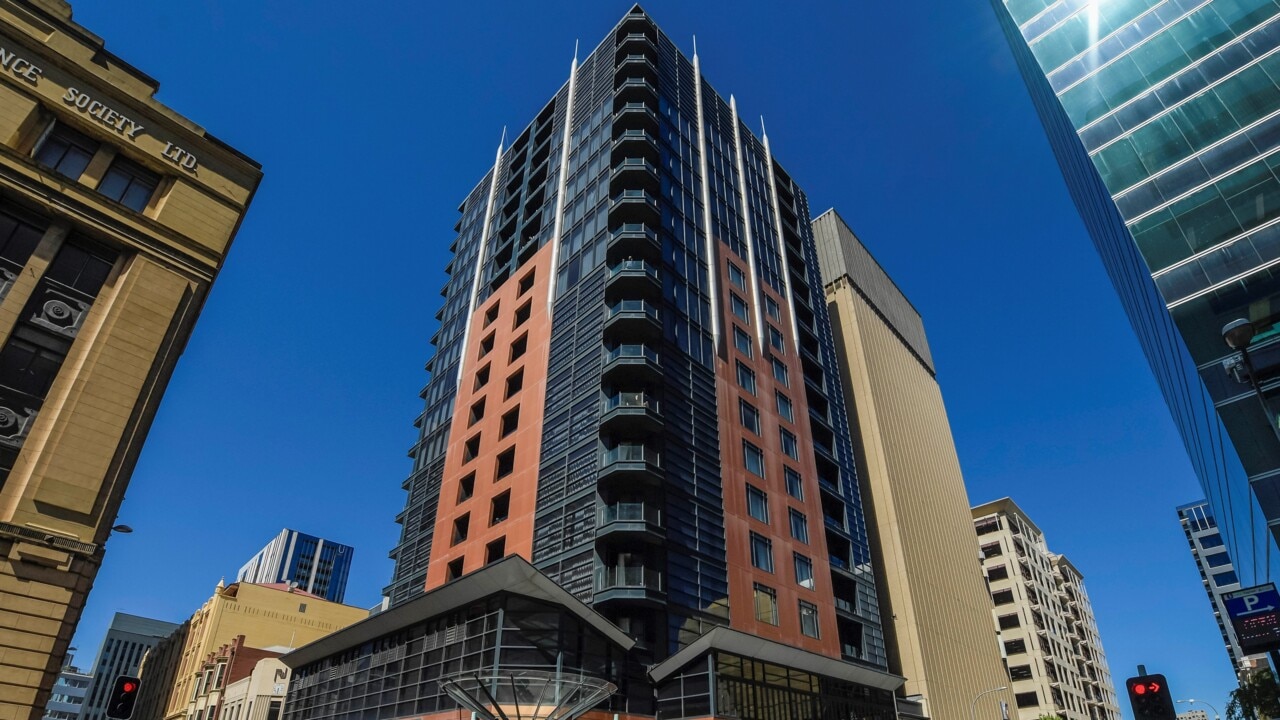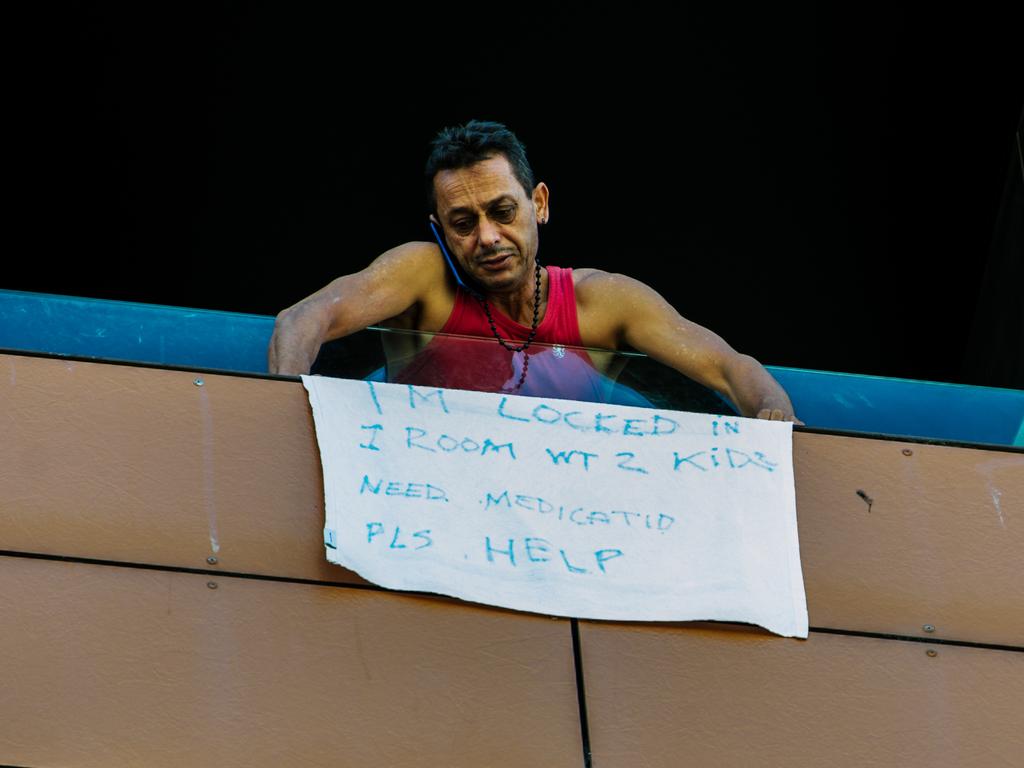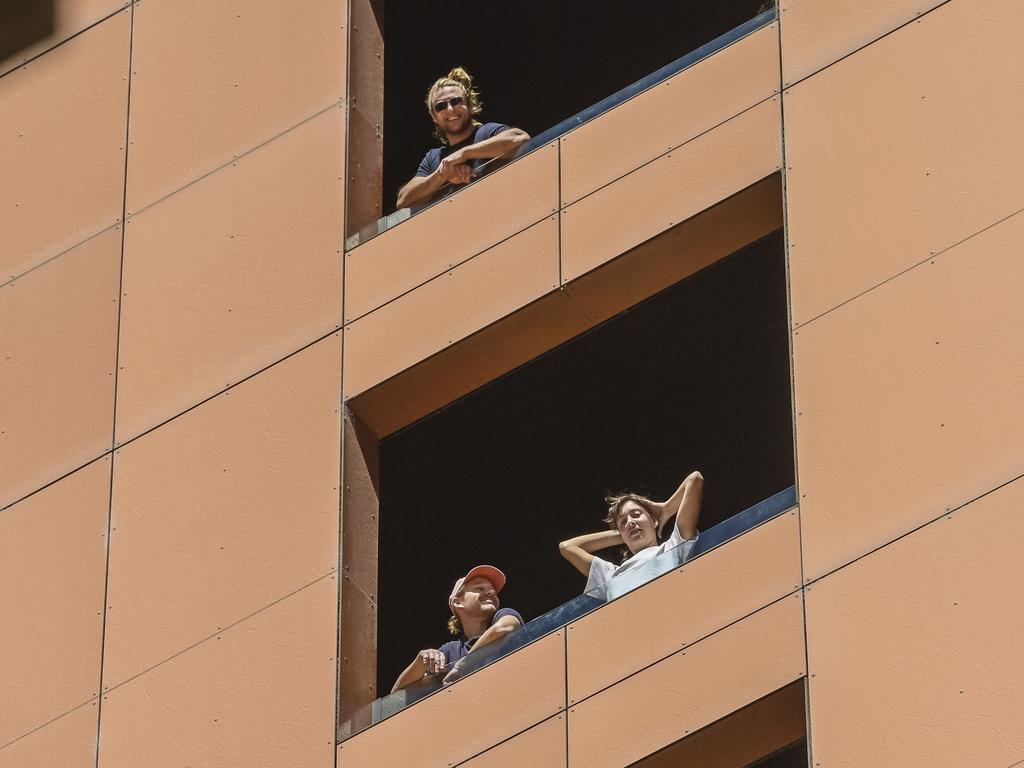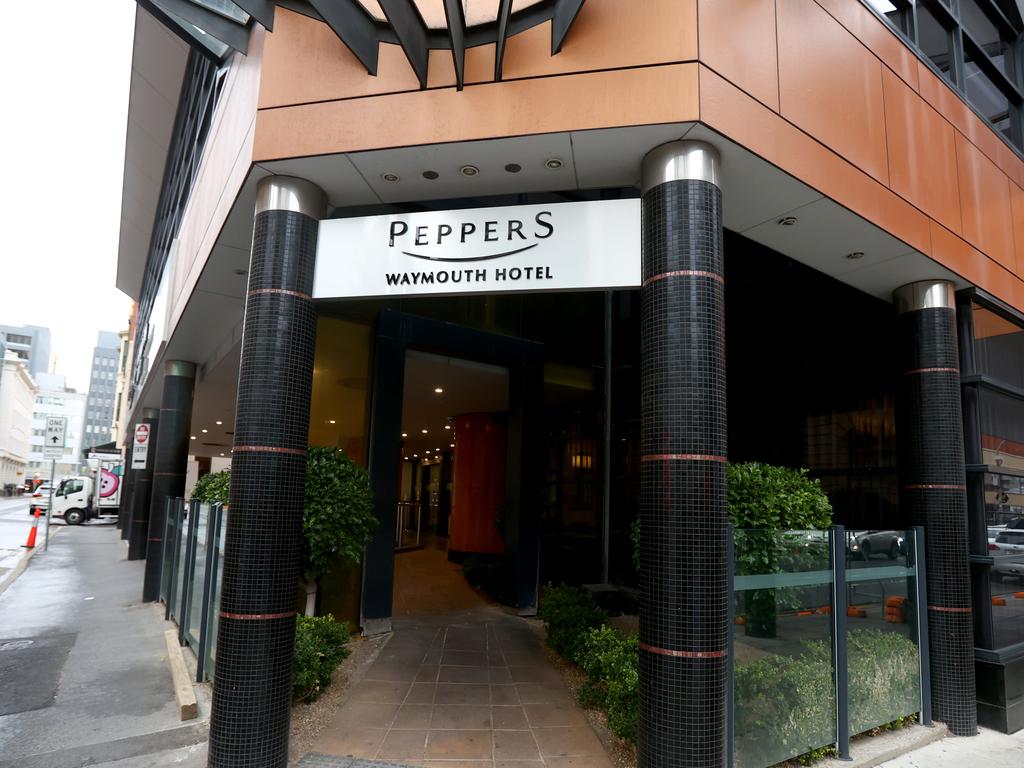Coronavirus Australia: Quarantine oversight could cause big issue
A major oversight with Australia’s hotel quarantine system will see COVID-19 cases continue to rise unless a change is made, an expert warns.

An epidemiologist has warned a major oversight in Australia’s hotel quarantine system would see COVID-19 outbreaks continue to pop up across the country until changes are made to the program.
Currently, overseas travellers returning to Australia are required to quarantine for 14 days in select hotels located in major cities.
Professor Adrian Esterman, an epidemiologist from the University of South Australia and former adviser to the World Health Organisation (WHO), said using hotels in such populated areas was a major mistake.
Speaking to 3AW’s Neil Mitchell, Professor Esterman said new clusters were “inevitable” if the country sticks with the current quarantining system.
“A big problem here is that we are quarantining people in hotels in the middle of big cities, which doesn’t really make a lot of sense,” he said.
RELATED: Follow our live coronavirus updates


RELATED: Australia reacts to ‘chaotic’ lockdown
He said travellers instead needed to be quarantine somewhere “far away from the big cities”, suggesting Christmas Island and Woomera, in far north South Australia, as possible areas.
“I don’t think it is the arrivals that are the problem. It’s how we quarantine them,” Professor Esterman said.
“If we, for example, use Christmas Island we could have hundreds, if not thousands, of people arriving there.”
When Mitchell suggested that returning travellers might not be too pleased with being taken to Christmas Island, Professor Esterman said it would be the price they would have to pay to return home while also keeping other Australians safe.
“Every Australian has got a right to return home, but also the general public have a right not to be infected,” he said.
“That’s the sort of thing they would have to put up with if they wanted to come back to Australia.”
Professor Esterman’s hotel quarantine warning comes as South Australia enters its first day of a strict six-day lockdown in a bid to stop the state’s growing COVID-19 outbreak.
The lockdown started at 12.01am on Thursday and the only reasons to leave home include:
• To go to work as an emergency services worker or a worker providing essential services
• For agricultural work
• To receive medical care including seeking COVID-19 testing
• To obtain medical supplies
• One person from the household once a day to attend supermarkets to get essential supplies
• Organised end of life visits in an emergency situation
There are now 23 coronavirus cases linked to the Parafield cluster and around 5000 in quarantine a result of the outbreak.
The cluster has been linked back to a cleaner who worked at Peppers Waymouth in Adelaide CBD, which is being used as a medi-hotel to quarantine overseas travellers.
The cleaner contracted the virus “via a surface” and is then believed to have infected two security guards.
RELATED: Has coronavirus made you nervous about travelling? Have your say in our poll

RELATED: What Australia will look like by Christmas
One of the guards also worked part-time at Woodville Pizza Bar, sparking fears he may have infected dozens of people after a customer was found to have contracted the virus.
Contact tracers were initially puzzled when a worker at Stamford Plaza, another medi-hotel, tested positive to COVID-19 but had not been linked to the outbreak at Peppers Waymouth hotel.
Authorities then discovered that the worker, who worked in the hotel’s kitchen bought a pizza from Woodville Pizza Bar where the Peppers security guard worked part-time.
SA Health said the two men were not in the shop at the same time but authorities believe another employee at the pizza bar was a close contact of both the infected security guards.
“We had a security guard at the hotel that worked part-time making pizza and we had the person at the Stamford, and we couldn’t connect the two, but what we found last night was another person that worked at the pizza bar and we were able to connect those two up because of the time links,” chief health officer Nicola Spurrier said.
The snap decision to send South Australia into a tough six-day lockdown was based on concerning characteristics of the strain authorities are dealing with.
“It has a very, very short incubation period. That means when somebody gets exposed, it is taking 24 hours or even less for that person to become infectious to others and the other characteristic of the cases we have seen so far is they have had minimal symptoms and sometimes no symptoms but have been able to pass it to other people,” Professor Spurrier said.
She said that characteristic meant that a generation, or stage of people passing on the virus to others, was only about three days.
“We also know, because of that characteristic, that what we call a generation, is only about three days and a generation is when one case is passing it on to the next level, and then that (next) level, so if they pass it on to two people, they will pass it on to another lot of people, and that is your third generation,” she said.




